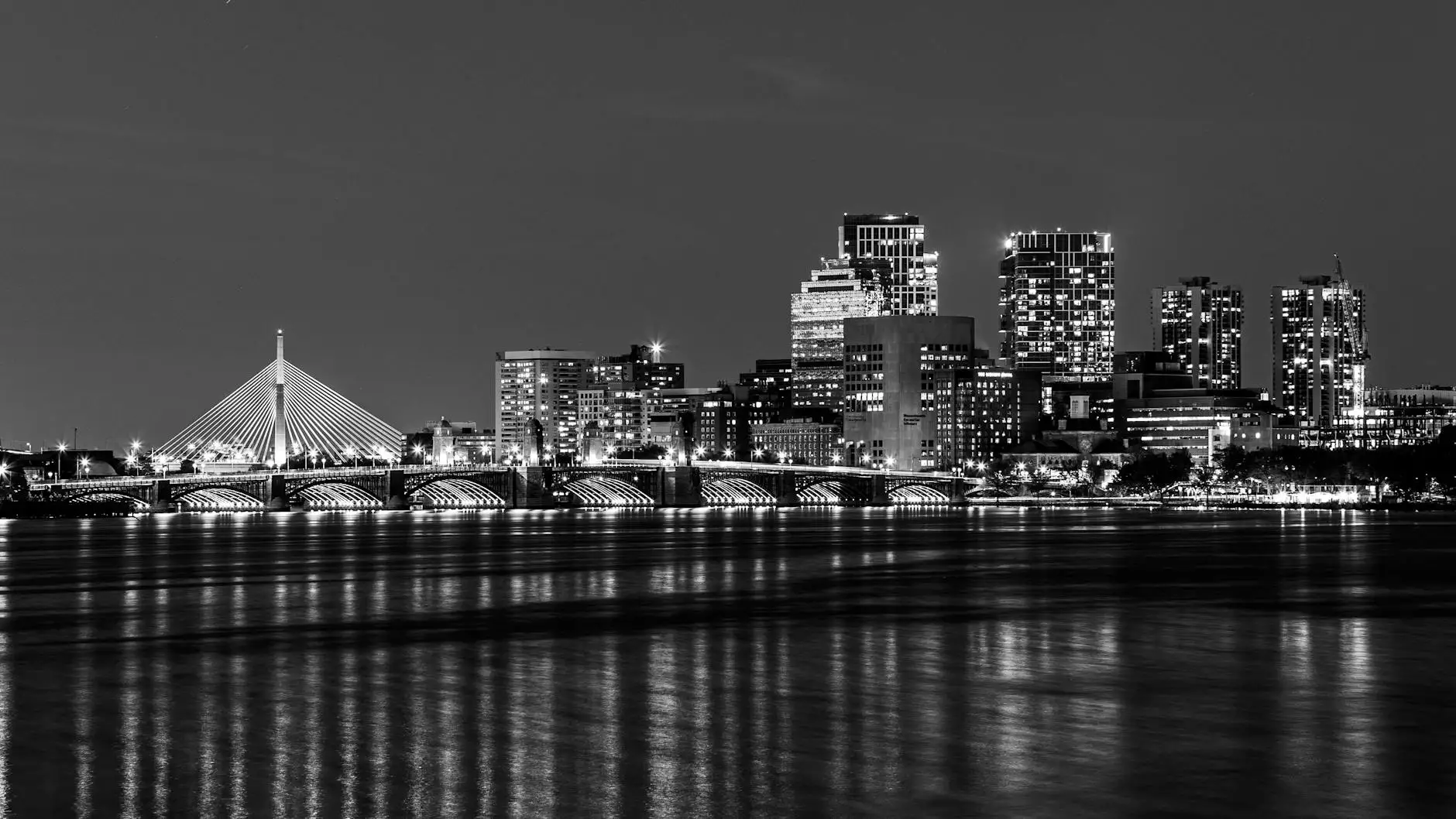Should I Move to Boston or DC? A Comprehensive Guide

Choosing between two iconic cities like Boston and Washington, DC can be a daunting task. Both regions offer unique advantages that cater to different lifestyles, career opportunities, and personal preferences. This article will explore essential factors to consider, helping you make an informed decision about whether you should relocate to Boston or DC.
Understanding the Cities: A Brief Overview
Before diving into the specifics of moving, it’s crucial to understand what each city has to offer. Boston, known for its rich history, elite educational institutions, and vibrant cultural scene, contrasts sharply with Washington, DC, famed for its political significance, national landmarks, and diverse population.
Boston: The Hub of New England
Boston is often referred to as the "Hub," reflecting its status as a central location for education, innovation, and culture. Its proximity to prestigious universities like Harvard and MIT contributes to a thriving academic atmosphere and a focus on technology and research.
Washington, DC: The Heart of America
In contrast, Washington, DC serves as the United States’ capital, filled with museums, memorials, and a robust job market based heavily in government and public policy. The city's cosmopolitan vibe attracts a diverse array of residents, from young professionals to seasoned political figures.
Job Opportunities and Economic Landscape
One of the most significant factors in deciding should I move to Boston or DC is evaluating the job market in each city. Both locations boast strong economies but differ in industry focus.
Boston’s Job Market
Boston's economy is primarily centered around education, healthcare, finance, and technology. The city is home to numerous biotech firms and startups, making it an ideal spot for those in the science and tech sectors. Some of the leading employers in Boston include:
- Massachusetts General Hospital
- Harvard University
- Biogen
- Vertex Pharmaceuticals
In recent years, the tech industry has experienced a significant boom, with many startups flocking to the area. Therefore, if you’re seeking a career in technology or healthcare, Boston could be an excellent choice.
Washington, DC’s Job Market
Washington, DC, offers a diverse job market predominantly focused on government and public policy. However, it also has growing sectors in education, technology, and international relations. Key employers in DC include:
- U.S. Government Agencies
- The World Bank
- Georgetown University
- Lockheed Martin
For those interested in politics, international affairs, or non-profit work, Washington, DC is unparalleled. The network of connections and opportunities in this field is vast and influential.
Cost of Living: Boston vs. DC
Another crucial point to consider when evaluating should I move to Boston or DC is the cost of living. Both cities are known for their high living expenses, but they differ in specific categories, such as housing, transportation, and food.
Housing in Boston
Boston’s housing market is competitive, with a significant demand for rental properties. The price for an average apartment can range from $2,500 to $3,500 per month, depending on location. Neighborhoods like Back Bay and Beacon Hill are particularly desirable, but they come at a premium.
Housing in Washington, DC
In Washington, DC, the average rent can be slightly higher, ranging from $2,800 to $4,000 in desirable areas such as Dupont Circle and Capitol Hill. However, there are also more affordable options available across various neighborhoods, which can balance the overall costs for newcomers.
Public Transportation and Commute
When considering your move, think about the public transportation systems in both cities and how they will impact your daily commute.
Transportation in Boston
Boston has an efficient public transit system known as the Massachusetts Bay Transportation Authority (MBTA), consisting of subways, buses, and ferries. Residents often rely on the "T" to navigate the city, making commuting more manageable. However, Boston’s narrow streets and limited parking can make driving challenging.
Transportation in Washington, DC
Washington, DC also boasts a reliable public transportation system called the Washington Metropolitan Area Transit Authority (WMATA), comprising Metrorail and Metrobus services. DC's transportation system is commuter-friendly, though traffic congestion can be a concern during peak hours.
Quality of Life: A Personal Touch
Quality of life is a subjective measure that encompasses factors such as healthcare, safety, education, and recreational activities. Understanding what each city has to offer is crucial when deciding whether to move.
Boston’s Quality of Life
Boston is known for its high quality of life, attributed to excellent healthcare facilities, an extensive education system, and numerous cultural events. Residents enjoy:
- Access to top-notch healthcare services
- Rich historical and cultural events, including art festivals and concerts
- A vibrant food scene with a focus on local seafood and international cuisine
- Recreational activities with parks and waterfronts
Washington, DC’s Quality of Life
Washington, DC, offers a slightly different quality of life, focusing on political engagement and cultural diversity. Some advantages include:
- Rich historical landmarks and museum access, often free of charge
- A multitude of dining options, catering to various tastes and preferences
- Active community engagement in politics and social issues
- Diverse cultural festivals and events year-round
Education: Choosing the Right Environment for Families
If you plan to relocate with family, the education system is likely a significant factor. Both cities are renowned for their educational institutions.
Boston’s Education System
Boston is home to some of the best public and private schools in the country. The city’s focus on education ensures that students receive a robust learning experience from an early age. In addition to K-12 schools, Boston boasts prestigious higher education institutions, making it an ideal location for educational advancement.
Washington, DC’s Education System
Washington, DC also offers an array of educational options, with many public charter schools performing exceptionally well. The city is home to notable universities, such as George Washington University and American University, making it an attractive place for higher education pursuits.
Conclusion: Making Your Decision
Deciding whether you should move to Boston or DC ultimately depends on your career goals, lifestyle preferences, and family considerations. Both cities have their unique charm and offer robust opportunities. By evaluating the job market, cost of living, quality of life, education systems, and cultural aspects, you can make a well-informed choice.
As you ponder your decision, consider reaching out to a local real estate service or moving company like State to State Move, which specializes in helping individuals and families navigate their transitions smoothly. Whether you opt for the historic streets of Boston or the vibrant capital of DC, you’re bound to discover incredible experiences awaiting you.



